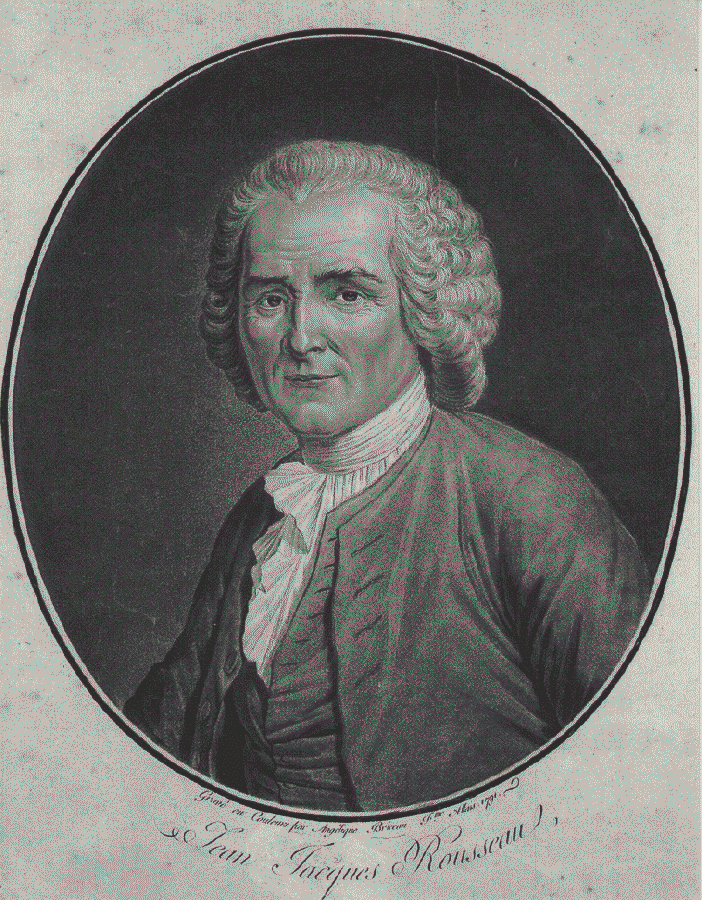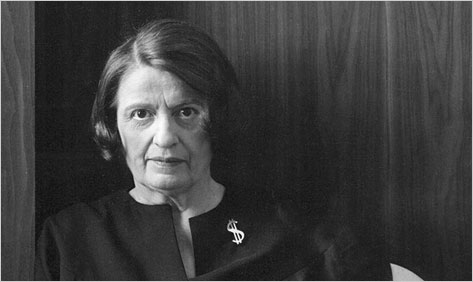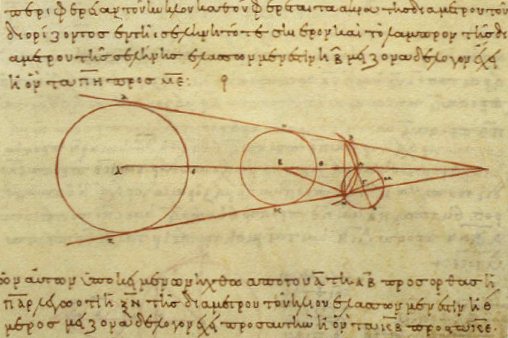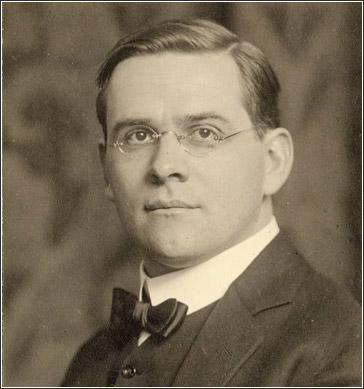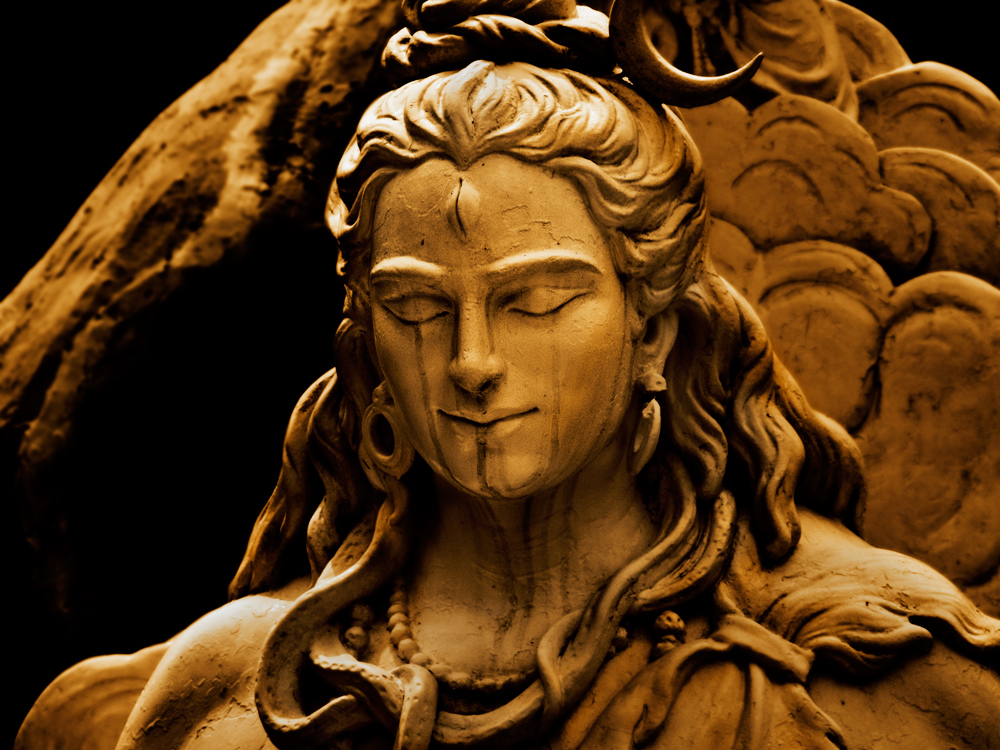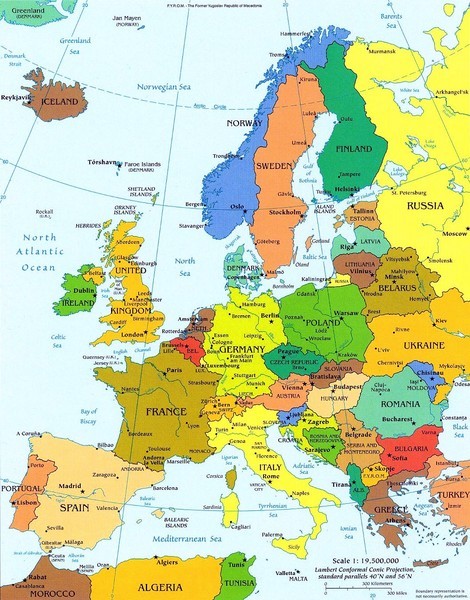Rousseau contra reason in *Explaining Postmodernism*
Jean-Jacques Rousseau claimed: “Reason is what engenders egocentrism and reflection strengthens it. Reason is what turns man in upon himself. Reason is what separates him from all that troubles him and afflicts him. Philosophy is what isolates him and what moves him to say in secret, at the sight of a suffering man, ‘Perish if […]
Rousseau contra reason in *Explaining Postmodernism* Read More »
